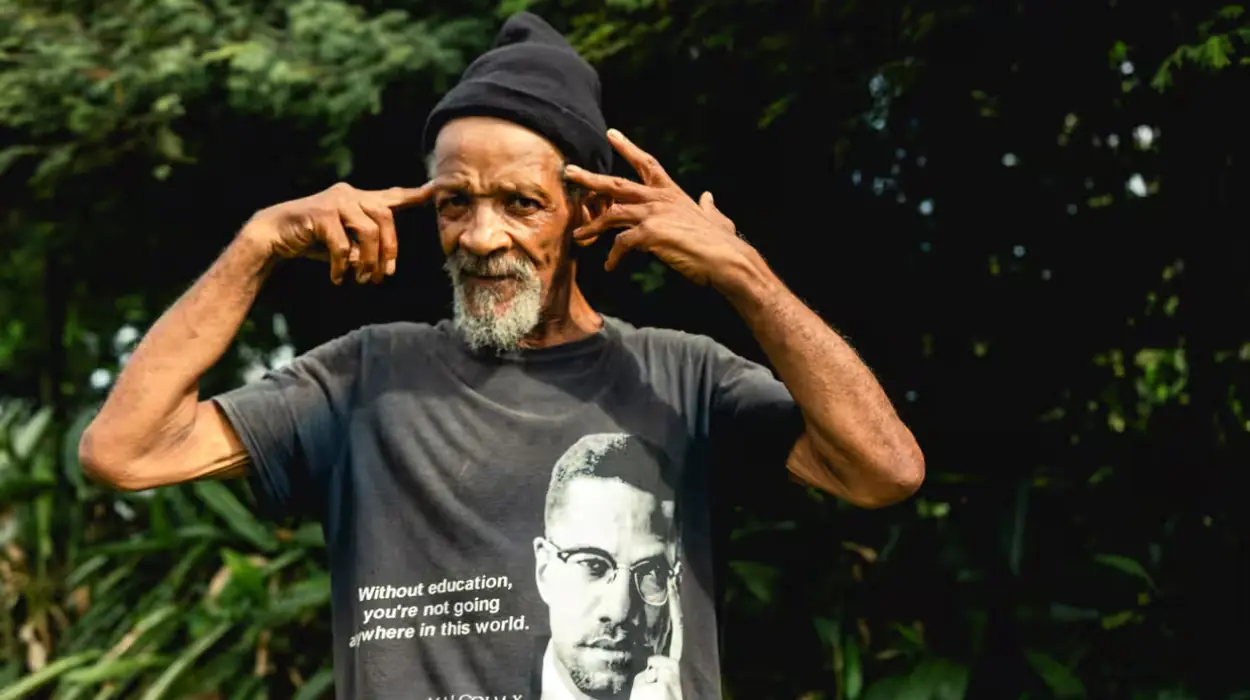UK (Parliament Politics Magazine) – The UK Home Office has revoked the deportation order of Gersham Williams, a Windrush citizen wrongly removed despite being eligible under 1971 law.
As reported by The Guardian, a member of the Windrush generation who was unlawfully deported from the UK has had his removal order rescinded – the second similar case revealed within a week.
How did a Windrush man end up wrongly deported?
Gersham Williams, 74, who arrived in the UK in 1961 at age 10, was deported in 2016 after completing a prison term linked to a gun-related offence.
The Home Office has revoked his deportation order. They acknowledged he was eligible for exemption under the Immigration Act 1971 because of his early arrival in Britain.
Under that legislation, numerous Commonwealth nationals residing in the UK received permanent residency status.
While the rest of his family became British nationals, Williams chose not to get a British passport, citing Jamaica’s status as “then ruled by the Queen of England.”
What did Jacqueline McKenzie say about Windrush deportations?
Williams’s solicitor, Jacqueline McKenzie of Leigh Day, stated,
“I am of the view that cases like these are probably amongst many.”
She urged the Home Office to boost efforts in identifying deported Commonwealth residents settled before 1973 and to implement an effective outreach initiative.
Ms McKenzie pressed the government
“to agree to a statutory inquiry so that we can understand not just the causes of the Windrush scandal, but review its ongoing manifestation.”
She added,
“Each day that passes worsens the injustice for this family because Mr Williams is elderly, unwell and has been living in very austere conditions. I hope all arrangements will be now put in place, swiftly, to reunite him with his loved ones.”
What did Gersham Williams say about his deportation and freedom?
From Jamaica, Gersham Williams said he does not accept the conviction that led to his removal.
He stated,
“When I was in the UK the police would never leave me alone, that’s the reason I’m in Jamaica now.”
Williams added,
“The Home Office has accepted they were wrong to deport me but I’m not returning to the UK to go back to prison. I don’t belong there. I want to get an assurance from the UK government that I can come back here as a free man. I have not committed any crimes in my nine years in Jamaica. My priority is freedom of movement.”
He was said to be in fragile health in Jamaica, suffering from neurological and urinary problems. He struggled with mobility and faced challenges in daily life.
Home Office views on handling Windrush cases
A Home Office spokesperson stated,
“It is our longstanding policy not to comment on individual cases; however, it is also this government’s determination to ensure that all those affected by the Windrush scandal are treated with the utmost care and consideration in their future dealings with the Home Office and that principle will guide our approach in all such cases.”
What warning did Officials give Williams in their letter?
A letter from authorities warned Williams that his IPP sentence could result in immediate imprisonment upon his return to the UK.
The letter states,
“You will therefore be liable to be returned to prison to serve the remainder of your sentence.”
What did Williams say during his 1983 armed robbery trial?
According to The Guardian, Williams, along with two others, was found guilty in July 1983 of carrying out an armed robbery at a petrol station.
Williams told the court he saw himself as a Robin Hood figure, raising funds for local projects, telling officers, “You sold my people into slavery, and I’m fighting back.”
Williams’ role in black community activism
- Active in Ladbroke Grove, West London, politically and culturally
- Helped found Grassroots, a black art and culture bookshop and centre
- Trained as youth and community worker, supporting young black people facing police harassment
- Attended 197the 8 World Festival of Youth and Students in Cuba with notable figures like Paul Boateng
- Befriended Winnie Mandela during her London visits
- Invited to Nelson Mandela’s inauguration by Winnie Mandela
Windrush generation
- Windrush generation: Caribbean migrants to the UK (1948–1971).
- Came from Jamaica, Trinidad, Barbados, and others.
- Invited to fill jobs after World War II.
- Named after the ship HMT Empire Windrush (1948).
- The first group arrived at Tilbury, Essex.
- Had British citizenship under 1948 law.
- Helped rebuild the UK in NHS, transport, and factories.

